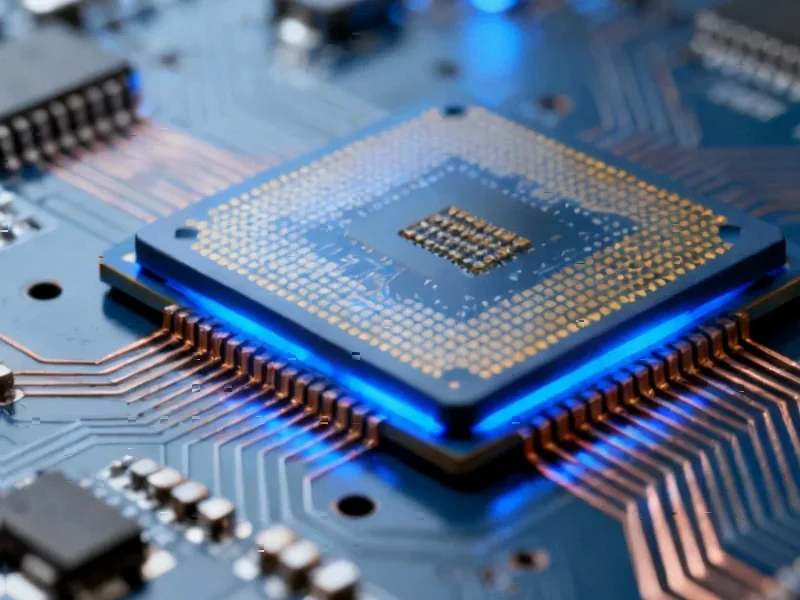According to Wccftech, President Trump has explicitly blocked NVIDIA’s Blackwell AI chips from being exported to China during a CBS News interview, stating “We don’t give (the Blackwell) chip to other people.” The decision comes despite recent US-China trade developments and represents a major setback for NVIDIA CEO Jensen Huang, who has repeatedly stated that China revenue has dropped to zero for the company. NVIDIA is now stuck with its Hopper H20 AI chip for the Chinese market, which reportedly isn’t gaining widespread adoption, while missing out on what was previously “tens of billions” in revenue from China before export controls were implemented. This latest development suggests the NVIDIA-China situation remains in complete deadlock.
The Permanent Technological Divide
What makes this development particularly significant is that it represents a formalization of the technological decoupling between US and Chinese AI development. Previous restrictions were framed as temporary measures or evolving export controls, but Trump’s explicit naming of the Blackwell architecture suggests a more permanent division. This creates a fundamental split in the global AI ecosystem where Chinese companies will operate on increasingly outdated NVIDIA technology while US and allied nations advance with cutting-edge Blackwell capabilities. The gap isn’t just about performance metrics—it’s about entire architectural approaches to AI model training and inference that will diverge permanently.
NVIDIA’s Impossible Position
NVIDIA finds itself in an increasingly difficult strategic position that extends far beyond immediate revenue loss. The company must now maintain parallel development tracks: one for global markets using its most advanced architectures, and another for China using deliberately limited technology. This bifurcated approach creates enormous engineering overhead and complicates NVIDIA’s ability to maintain a cohesive product roadmap. More critically, as Chinese competitors like Huawei and Alibaba develop their own AI accelerators, NVIDIA risks permanent displacement from what was historically one of its largest markets. The company’s previous statements about China revenue dropping to zero now appear to be a long-term reality rather than a temporary setback.
Global AI Ecosystem Fragmentation
The ripple effects extend throughout the entire technology industry. AI researchers, developers, and enterprises now face a fragmented global landscape where model development, deployment strategies, and computational approaches will diverge based on geographic access to hardware. Companies with international operations must maintain separate AI infrastructure stacks for different regions, increasing costs and complexity. Academic research collaborations between US and Chinese institutions will face additional hurdles as computational capabilities diverge. This technological bifurcation could ultimately lead to the emergence of completely separate AI paradigms, with Chinese-developed models optimized for different hardware constraints than their Western counterparts.
China’s Accelerated Self-Reliance
While NVIDIA suffers immediate revenue impact, the long-term consequence may be China’s accelerated development of competitive domestic AI chips. Chinese tech giants have been pouring resources into alternative AI accelerators for years, and this latest blockade provides both motivation and justification for massive additional investment. Companies like Huawei with their Ascend processors now have a clearer runway to capture the entire Chinese market without NVIDIA competition. The irony is that by blocking NVIDIA’s most advanced technology, the US may be accelerating China’s journey toward technological self-sufficiency in precisely the domain it seeks to maintain dominance.
Enterprise Adaptation Strategies
Global enterprises operating in both markets now face critical decisions about their AI infrastructure strategies. Many had hoped for normalization that would allow consistent NVIDIA technology deployment worldwide. Instead, they must develop hybrid approaches that accommodate different hardware capabilities across regions. This could lead to the emergence of hardware-agnostic AI frameworks and increased investment in software abstraction layers that can run efficiently across different accelerator architectures. The companies that succeed will be those that treat geographic hardware disparities as a fundamental design constraint rather than a temporary inconvenience.




